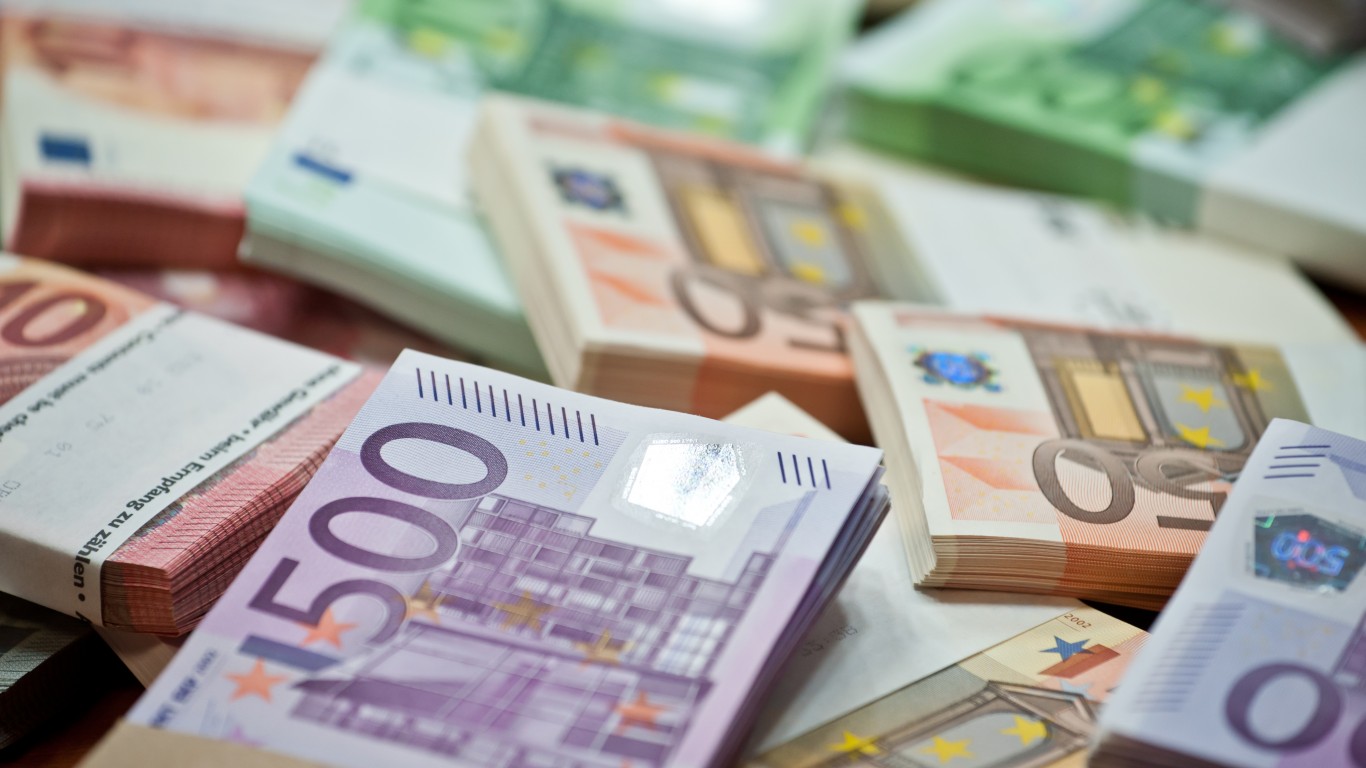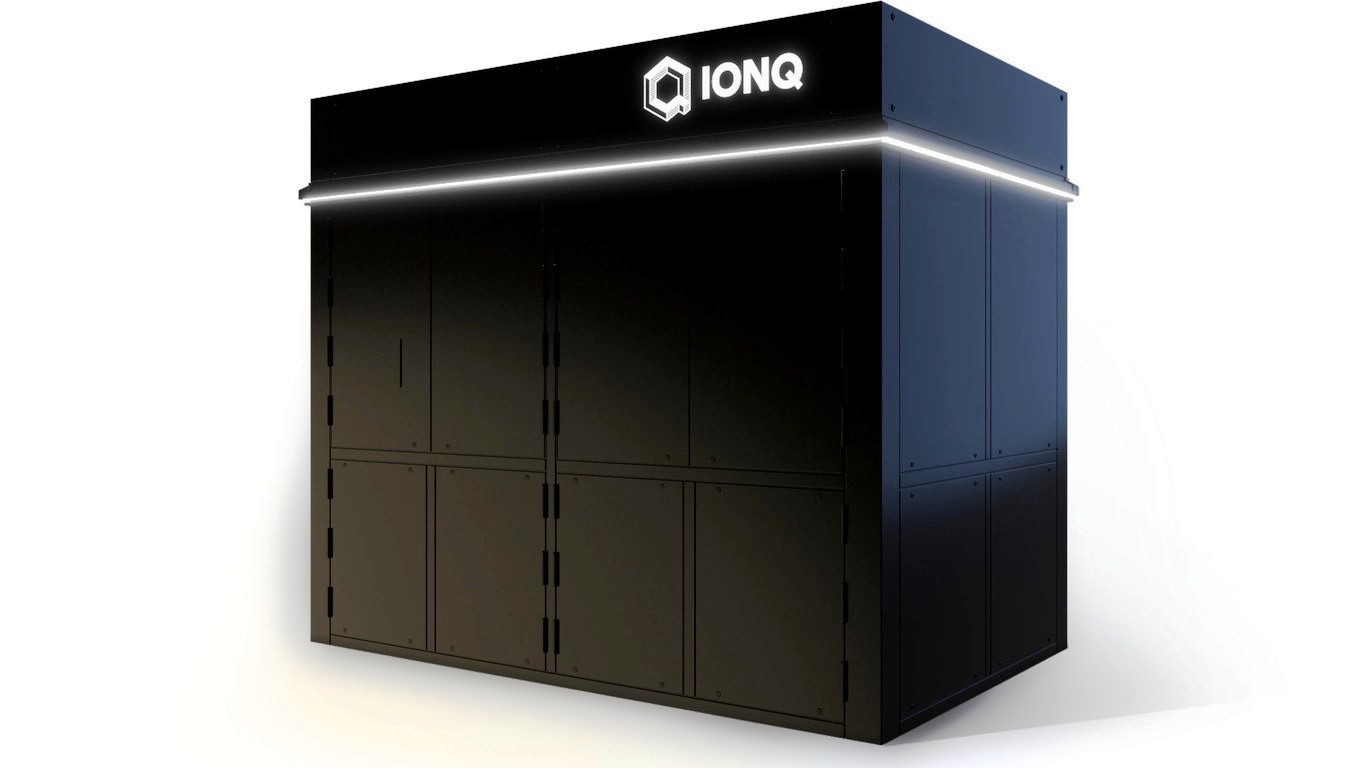
Some technology companies have performed well during the instant recession. Others have performed poorly. While many technology leaders did very well ahead of 2020 with exponential gains for investors, Nokia Corp. (NYSE: NOK) was not one of the winners. Not at all.
Multiple reports were out on Thursday that Nokia was working with Citigroup to defend itself from a hostile takeover. And reports were also offering the “no comment” response. Reuters went so far as to say the deal might be valued at $17.4 billion, but that is really not any premium at all. There had also been “M&A hopes” as even in late-February 2020.
Coming into Thursday, and before its gain, Nokia shares were down 12.9% since the end of 2019. Still, Nokia was down almost 29% from its 2020 high of $4.53 set back on February 11. These are not actually out of the norm for telecom equipment and old-world technology players, and Nokia has frequently been touted as a would-be a 5G winner by many analysts in 2019. Nokia is also frequently targeted by “stocks to buy under $10” investors as well.
Where Nokia’s real problems come into play is that nothing has worked for this company’s investors for so long that some people might still think they make brick phones. At the start of 2010, it was more than a $13 stock. At the end of 2015, it was a $7.00 stock. And it’s half of that level now, and the last time this was even a $10 stock was back in early 2011.
On top of wondering which company would see value in acquiring Nokia, there are problems. Certain assurances had to be made when the Finnish equipment make acquired Alcatel-Lucent in France. The other issue to consider is that Nokia’s market capitalization in U.S. dollar terms is close to $19.6 billion.
There had been some speculation in the past that Ericsson (NASDAQ: ERIC) might be interested in a deal with Nokia. Merrill Lynch (BofA Securities) was very positive on Ericsson recently. The good news there is that the Swedish company has a $28 billion market cap. It’s possible that Ericsson, which has also been touted as a would-be 5G winner, might be a player here.
One issue that may go against any aggressive offers is that Nokia’s balance sheet is not what it used to be. Its total cash came down over 2019 to €6.17 billion (€7.11 billion a year earlier), and while its current and total liabilities came down, its long-term debt and total long-term liabilities rose.
It would be hard to comprehend how a cross-border merger of any major operations would work when Nokia is already in so many jurisdictions. It would also be hard to understand how or why a large company would be interested in a large acquisition just as a recession is getting started. That said, stranger things have happened and it’s hard to use logic when it feels we are in illogical times.
24/7 Wall St. has been critical of Nokia for some time because its never-ending punishment to shareholders. We even recently questioned whether the Nokia turnaround was really at the edge of a black hole.
Nokia’s American depositary shares closed up over 7% at $3.46 on Thursday. Its 52-week range is $2.34 to $5.84 and Refinitiv has a consensus analyst price target of $4.82.
Thank you for reading! Have some feedback for us?
Contact the 24/7 Wall St. editorial team.





